Are you a director of a small company navigating the complexities of tax calculations? Do you find yourself balancing between salary and dividends to optimise your income while minimising tax liabilities? If so, you’re not alone. Many directors face this challenge, and understanding the nuances of tax calculations is crucial for financial efficiency.
At EOACC, our team of accountants and business advisors developed Taxdash, an advanced online calculator designed to empower SMEs and individuals with comprehensive tax insights. In this video, we delved into the scenario of a director paying themselves £100,000, exploring the implications of different income structures and tax strategies.
Let’s break down the key points discussed in the video:
1. Threshold Considerations:
- Earning more than £100,000 triggers a reduction in personal tax-free allowance, diminishing by £1 for every £2 earned beyond this threshold.
- Many directors aim to cap their income at £100,000 to retain their full personal tax-free allowance.
2. Salary and Dividends Comparison:
- We compared scenarios of paying oneself a small salary combined with dividends versus receiving only a salary.
- Example: A director pays themselves a salary of £9,096 and dividends of £90,904, totalling £100,000 in gross income.
3. Tax Calculation Breakdown:
- Calculated the company’s turnover required to support the director’s income.
- Analysed corporation tax, personal tax liability, and net after-tax position.
- Explored the impact on company profits and director’s take-home pay.
4. Tax Efficiency Insights:
- Demonstrated the significant tax savings achieved through a combination of salary and dividends, particularly up to the £100,000 threshold.
- Highlighted the difference in tax treatment between salary and dividends within a company structure.
5. Importance of Ongoing Evaluation:
- Emphasised the need for regular tax calculations, especially with changing income levels or additional sources of income.
- Encouraged directors to leverage Taxdash for comprehensive tax planning and optimisation.
6. Future Considerations:
- Acknowledged the complexity of tax calculations and the importance of staying informed and proactive.
- Reminded viewers to seek professional advice when necessary and to continuously evaluate their tax strategies.
In conclusion, optimising tax efficiency requires careful consideration of salary and dividends, especially in the context of director’s income exceeding £100,000. By leveraging tools like Taxdash and consulting with experienced accountants, directors can navigate tax complexities with confidence, ensuring financial stability and maximising returns.
At EOACC, we’re committed to empowering our clients with the knowledge and tools they need to thrive in today’s competitive landscape. Stay tuned for more insights and updates from our team as we continue to support SMEs and individuals on their journey to financial success.
If you haven’t already, be sure to check out our video for a detailed walkthrough of the tax calculation process. And remember, when it comes to taxes, knowledge is power!
Thank you for joining us on this tax journey. Until next time, stay informed, stay proactive, and stay financially savvy!
#TaxEfficiency
#DirectorIncome
#DividendsVsSalary
#TaxPlanning
#SmallBusinessTax
#FinancialInsights
#TaxCalculations
#TaxSavings
#FinancialEmpowerment
#AccountancyAdvice
#TaxDash
#TaxStrategy
#UKTax
#BusinessFinance
#MoneyManagement
